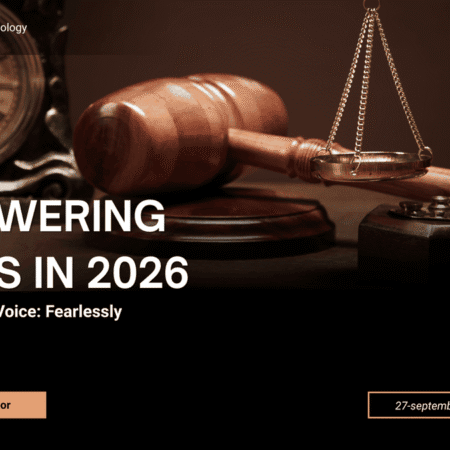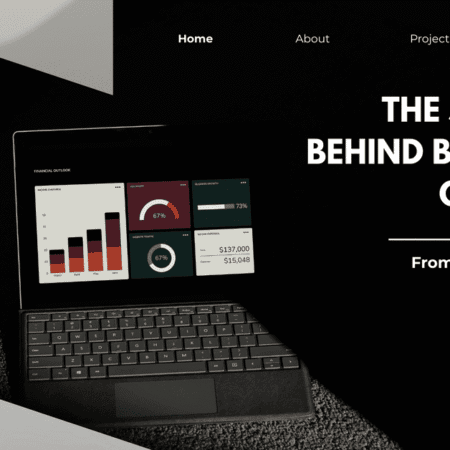Money is often seen as numbers, calculations, and investments. But anyone who has struggled with saving, budgeting, or investing knows that money is also deeply emotional. In The Psychology of Money, Morgan Housel explains how behavior, attitude, and personal choices often shape financial success more than pure knowledge or skill. This personalizedblog explores the key lessons from Housel’s book and shows how you can apply them to your own financial journey.
Lessons from Morgan Housel: Behavior and Wealth
The old finance tradition emphasizes formulas, spreadsheets, and rational decision-making. But Housel shows how human psychology generally prevails. Fear, greed, envy, and optimism govern the manner in which we earn, spend, and invest.
For example, investors typically make bad choices at times of market turbulence. Some panic-sell when the market declines, and some chase trends during booms. The difference isn’t brains—it’s behavior. This personalizedblog indicates that being in control of your financial behavior is just as essential as financial tools.
The Role of Luck and Risk by Morgan Housel
One of the longest-lasting Housel lessons is the balance between luck and risk. Success never depends solely on effort, sometimes it’s a function of time, circumstances, and luck too. Likewise, failure isn’t always a matter of bad decisions—sometimes it’s the result of unavoidable risk.
Understanding this reality brings about patience and humility. We all make mistakes at times, and that comes with the life package. With luck and risk knowledge, we can establish strategies that perform despite uncertainty. An individualized blog strategy involves tailoring these strategies to unique circumstances rather than mindlessly deploying similar solutions.
Wealth is What You Don’t See
Wealth, to most, is synonymous with flashy cars, designer clothes, or mansions. Housel opposes this assumption by stating that true wealth cannot be seen. It is the money saved, invested, and quietly growing with time.
For fans of this tailoredblog, the take-away is simple: value financial independence, not image. Setting aside money regularly and resisting lifestyle inflation often wins out over chasing higher income. Wealth is less about what you earn—it’s more about what you save and how well you invest it.
Freedom: The Ultimate Form of Wealth
Money’s greatest value is not in goods; it’s in freedom. Financial independence, as Housel perceives it, is mastery of time and choice. It is the ability to work at what is important, spend time with whom you love, or just have fun without constantly fretting about money.
This solo blog emphasizes that freedom must guide financial choices. Instead of making it through status symbols, aim for financial independence that brings freedom and peace.
The Power of Compounding
Compounding is easily the most underappreciated financial idea. Smaller, consistent actions accumulate into enormous fortunes over time. Housel highlights how patience, self-control, and thinking long-term are mandatory for compounding to work.
Take Warren Buffett’s example: a great deal of his money was made over several decades of steady investing. The lesson for readers of this personalizedblog is self-evident—start early, be regular, and let time compound your financial gains.
Behavior Over Intelligence
The Psychology of Money makes it clear that wealth is less about being intelligent and more about behavior. Emotional discipline, long-term thinking, and adaptability often trump technical skill.
A persistent saver who invests consistently over many years frequently beats a financial wizard who responds with emotion to market fluctuations. This personalizedblog highlights the fact that financial success is within anyone’s reach as long as good habits are fostered and emotions are kept in check.
Takeaways for Life
Save regularly: Amass riches through disciplined saving and not by pursuing top income.
Be patient: Compounding favors long-term thinking.
Practice humility: Acknowledge the role of chance and risk in every result.
Prioritize freedom: Spend money to have control of your life.
Control behavior: Emotional control is greater than intelligence in financial achievement.
Through doing so, this personalized blog can lead readers to face money confidently, clearly, and with awareness.
Final Thoughts
Morgan Housel’s The Psychology of Money is not just a book about money—it is a guide to how humans are and building a healthy relationship with money. Wealth is not a number—it is the meeting place of freedom, discipline, patience, and good decision-making.
Readers of this personalized blog are able to implement these ancient lessons in their daily money choices and benefit from them. With an emphasis on behavior, long-term thinking, and personal values, anyone can achieve real financial success and the freedom it provides.








No Comment! Be the first one.